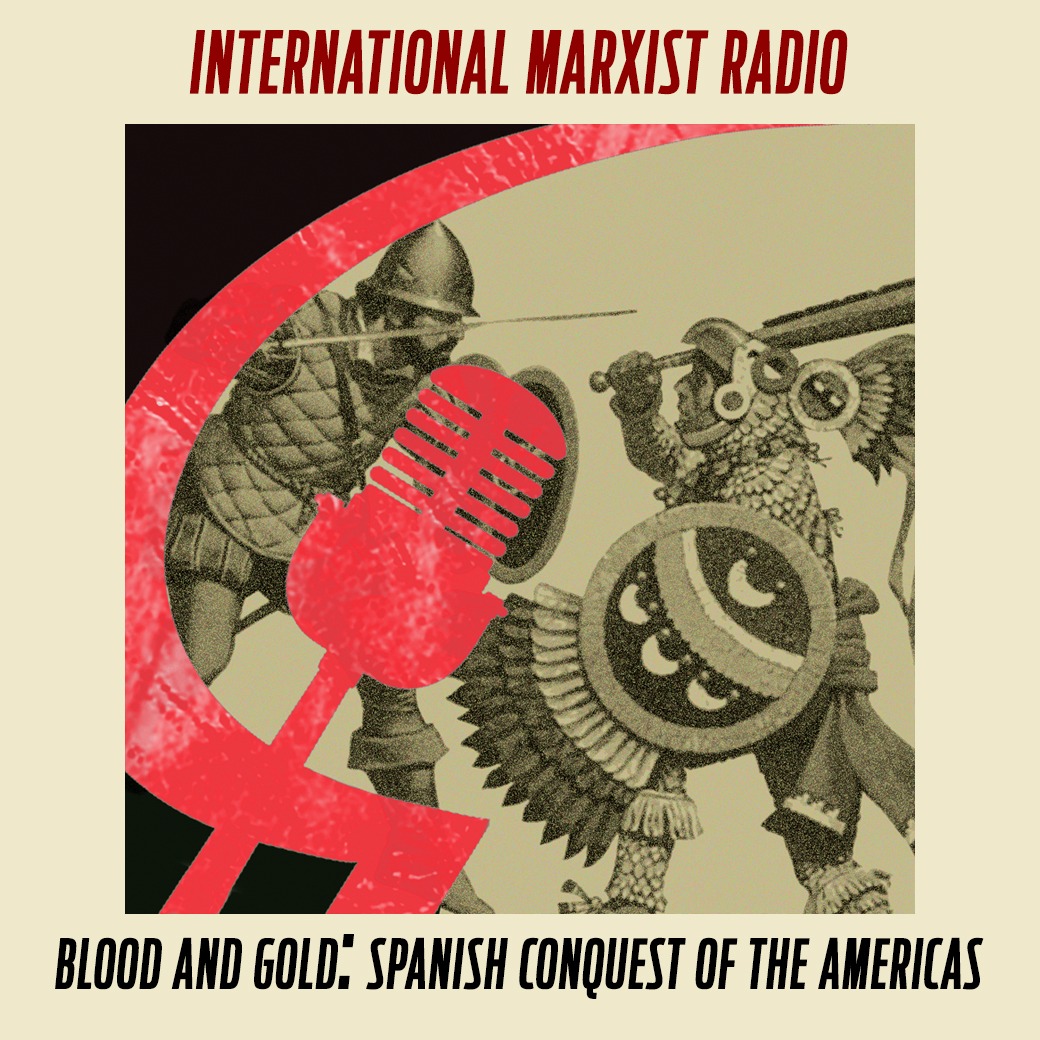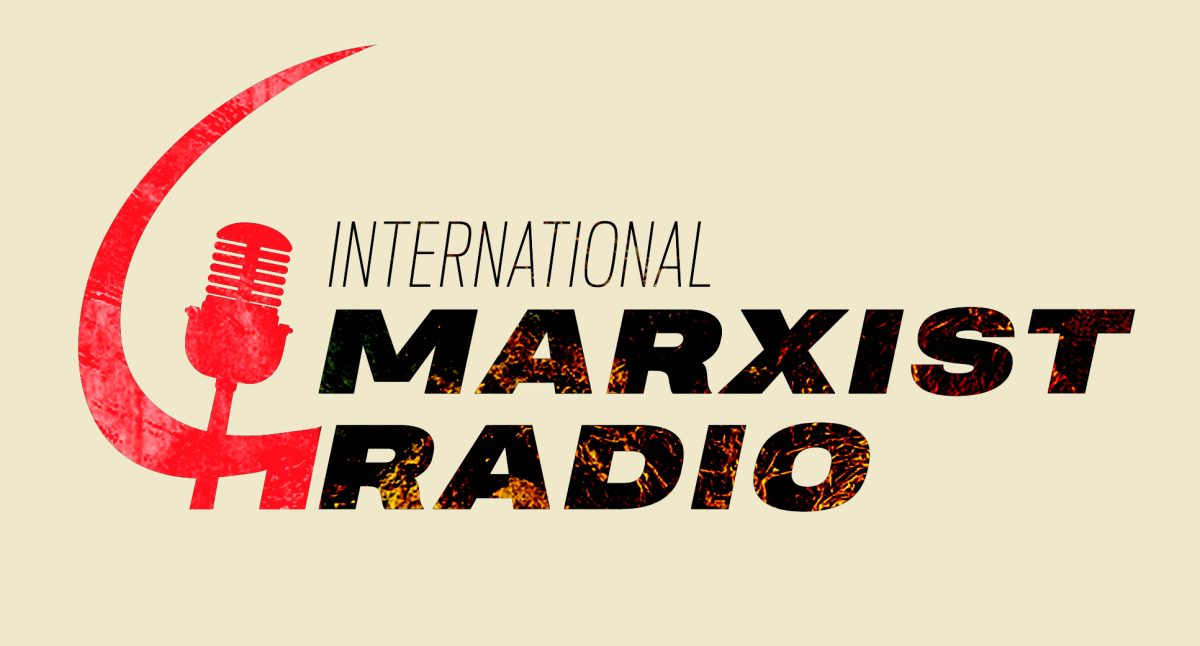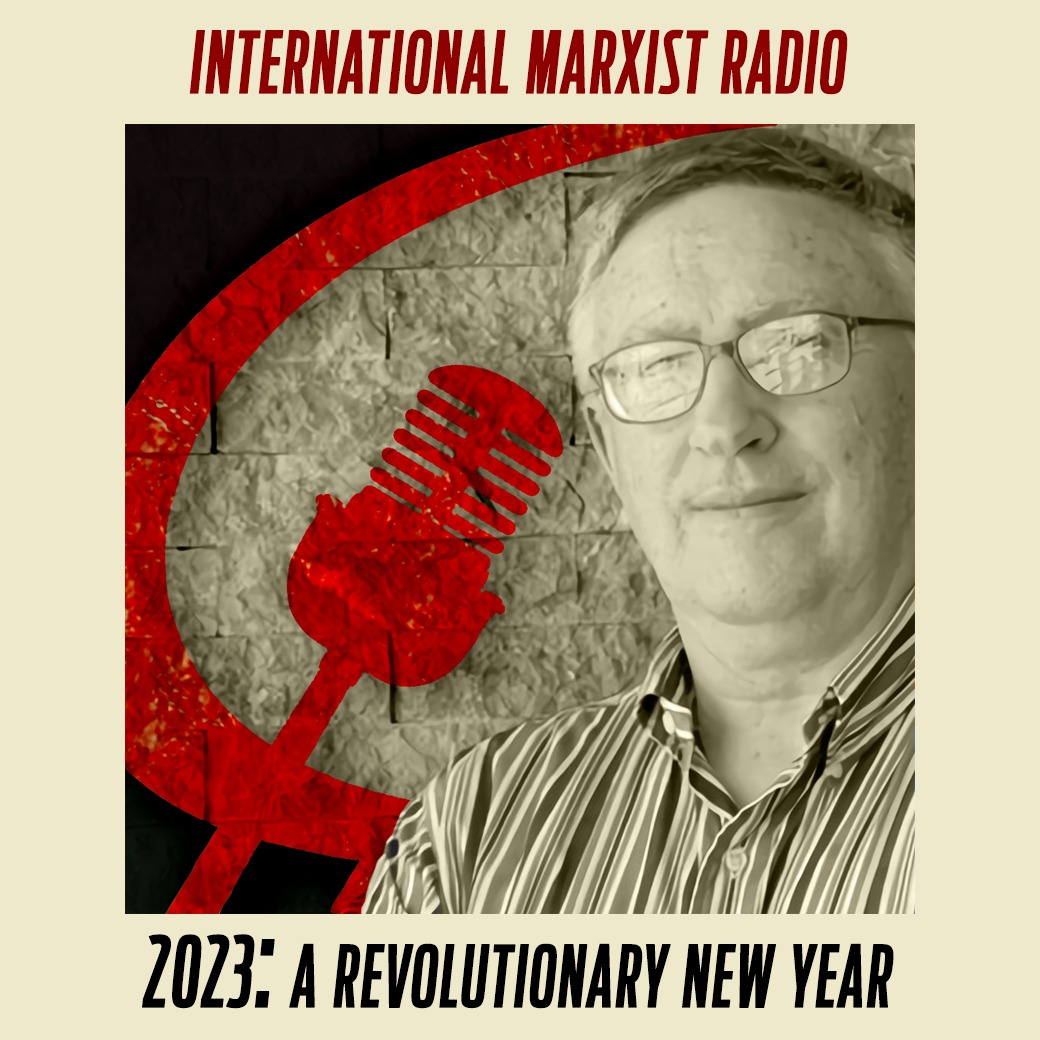This week’s episode of International Marxist Radio (IMR) covers a pivotal period in the development of global capitalism: the Spanish conquest of the Americas. Presenter Joe Attard talks to America Socialista editor Jorge Martín about the brutal plunder of the continent, which began 500 years ago, and which set in motion the development of the world market, and the rise of capitalism on the global stage.
The episode also delves into the background of the conquered civilisations – their historical development, class content, and reaction to the European invaders. These included complex and powerful societies such as the Mexica and the Incas, which at one point covered 3,000 square kilometres, with about 12 million inhabitants in total.
The process of primitive accumulation which razed these societies to the ground led Marx to declare: “If money comes into the world with a congenital blood-stain on one cheek, then capital comes dripping from head to toe, from every pore, with blood and dirt.”
The discussion is based on the cover article of issue 40 of the In Defence of Marxism theoretical magazine, available now: https://www.marxist.com/magazine.htm
Podcast: Play in new window | Download


